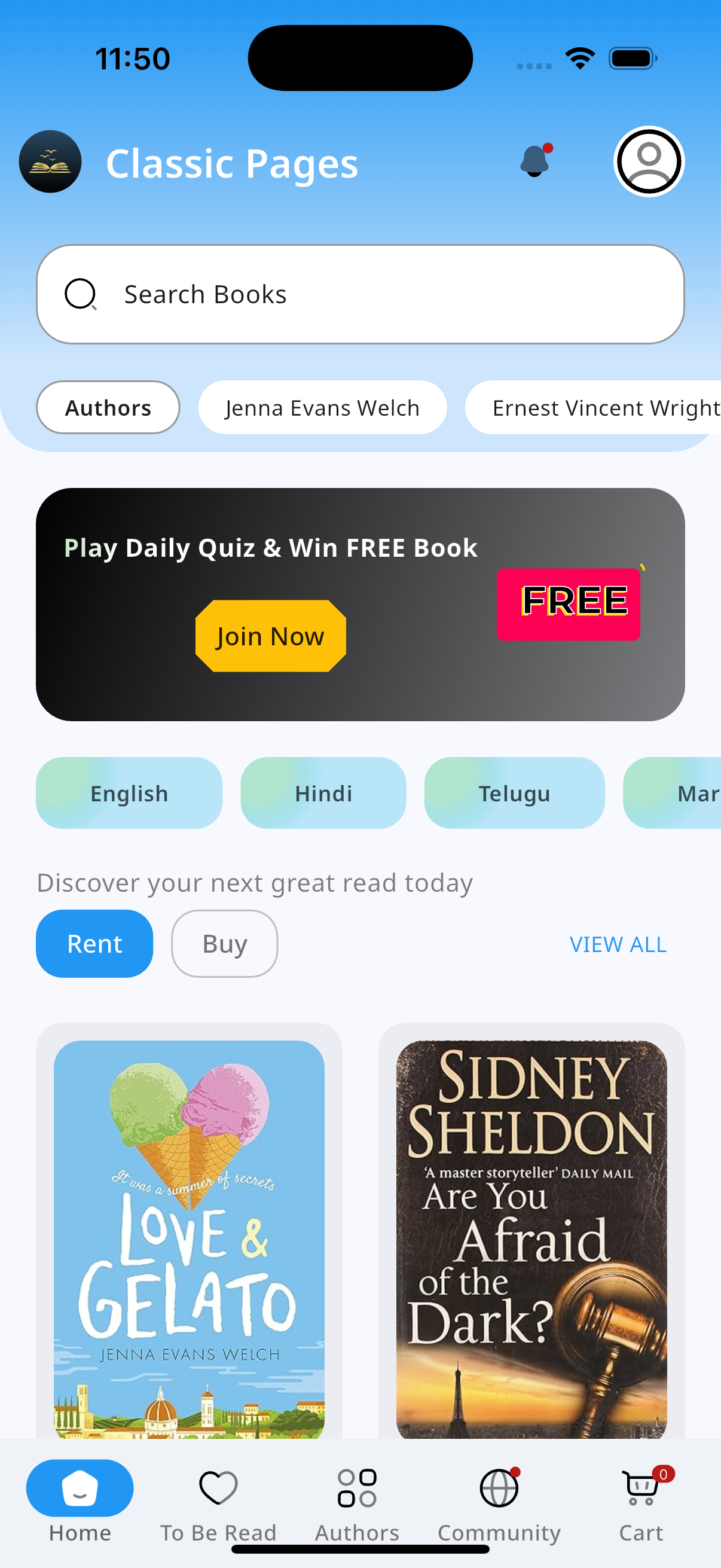When Stephen Chbosky published The Perks of Being a Wallflower in 1999, he couldn't have predicted that his intimate epistolary novel would become a defining voice for generations of teenagers. More than two decades later, this coming-of-age story continues to resonate with readers worldwide, proving that some stories are truly universal.
What Makes The Perks of Being a Wallflower So Special?
At its heart, The Perks of Being a Wallflower is a story about finding your place in the world. Through Charlie's letters to an anonymous friend, we experience the raw, unfiltered journey of a high school freshman navigating friendship, love, trauma, and self-discovery.
The Power of Honest Storytelling
Charlie isn't your typical protagonist. He's observant, sensitive, and struggling with mental health challenges that aren't immediately apparent. This authenticity is what sets the novel apart from other teen literature. Chbosky doesn't sugarcoat the teenage experience—he presents it with all its complexity, pain, and unexpected beauty.
The novel tackles issues that were rarely discussed in young adult literature at the time:
Mental health and therapy
Sexual abuse and trauma
LGBTQ+ acceptance
Substance experimentation
The search for identity
Why Charlie Resonates With Readers
Charlie's character embodies what it means to be a "wallflower"—someone who observes life from the sidelines rather than participating fully. Yet through his relationships with step-siblings Sam and Patrick, he learns that being different isn't a weakness; it's a strength.
His journey from isolation to connection mirrors the experience of countless teenagers who feel like outsiders. The novel validates feelings of alienation while offering hope that meaningful connections are possible.
The Cultural Impact: From Page to Screen
The 2012 film adaptation, also directed by Chbosky, introduced the story to a new generation. With Logan Lerman as Charlie, Emma Watson as Sam, and Ezra Miller as Patrick, the movie captured the novel's essence while adding visual depth to the narrative.
Iconic moments like the tunnel scene set to "Heroes" by David Bowie became cultural touchstones, symbolizing the feeling of infinite possibility that defines youth.
Themes That Transcend Time
Mental Health Awareness
Years before mental health became a mainstream conversation, The Perks of Being a Wallflower addressed depression, PTSD, and the importance of seeking help. Charlie's therapy sessions and eventual breakthrough provide a realistic portrayal of healing.
The Complexity of Growing Up
The novel doesn't present adolescence as a problem to be solved but as an experience to be navigated. Charlie's mistakes, confusions, and gradual self-understanding reflect the messy reality of growing up.
The Importance of Found Family
Sam and Patrick become Charlie's chosen family, demonstrating that sometimes the people who understand us best aren't related by blood. This theme of found family has only grown more relevant in contemporary discourse.
Literary Significance and Writing Style
Chbosky's epistolary format creates an intimate reading experience. We're not just reading about Charlie—we're reading his private thoughts, making us complicit in his journey. This narrative choice:
Creates immediate emotional connection
Allows for unreliable narration that adds depth
Mimics the diary-like quality of adolescent self-expression
Makes readers feel like Charlie's confidant
The simple, unpretentious prose reflects Charlie's voice authentically, making the novel accessible while maintaining literary merit.
Why The Perks of Being a Wallflower Still Matters Today
In an era of curated social media personas, Charlie's raw honesty feels revolutionary. The novel reminds us that it's okay to struggle, to not have all the answers, and to need help sometimes.
For New Readers
If you haven't read The Perks of Being a Wallflower, expect a story that's simultaneously heartbreaking and hopeful. It's a novel that meets you where you are, whether you're fifteen or fifty.
For Returning Readers
Revisiting the novel at different life stages reveals new layers. What resonated as a teenager might hit differently as an adult, offering fresh perspectives on Charlie's experiences and the adults trying to guide him.
The Legacy Continues
The Perks of Being a Wallflower has sold millions of copies worldwide and has been translated into over thirty languages. It's taught in schools, discussed in book clubs, and continues to appear on must-read lists.
The novel's influence can be seen in contemporary young adult literature that tackles difficult subjects with similar honesty and compassion. It paved the way for more authentic teenage narratives in publishing.
Final Thoughts: We Are Infinite
Stephen Chbosky's masterpiece endures because it captures something essential about the human experience—the loneliness of feeling different and the transcendent joy of being understood. Charlie's journey from observer to participant reminds us that life is meant to be lived, not just watched.
Whether you're discovering The Perks of Being a Wallflower for the first time or returning to an old friend, the novel offers comfort, understanding, and the reassurance that we're not alone in our struggles.
As Charlie would say, "We accept the love we think we deserve." This novel teaches us to deserve more, to expect more, and to believe that even wallflowers can bloom.
Have you read The Perks of Being a Wallflower? What moment resonated most with you?




